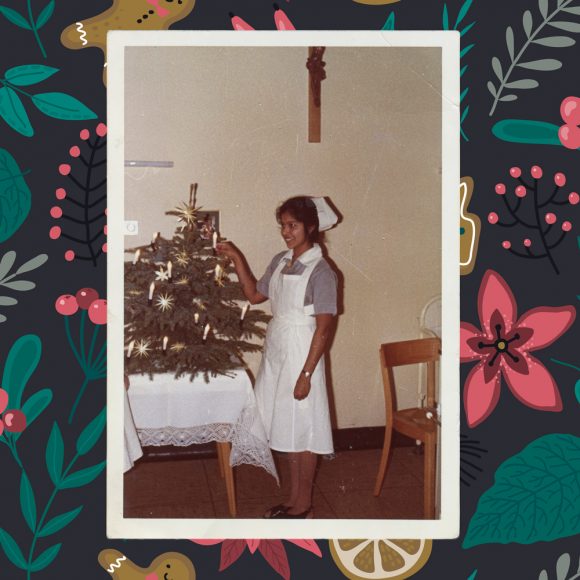Um dir ein optimales Erlebnis zu bieten, verwenden wir Technologien wie Cookies, um Geräteinformationen zu speichern und/oder darauf zuzugreifen. Wenn du diesen Technologien zustimmst, können wir Daten wie das Surfverhalten oder eindeutige IDs auf dieser Website verarbeiten. Wenn du deine Zustimmung nicht erteilst oder zurückziehst, können bestimmte Merkmale und Funktionen beeinträchtigt werden.
Die technische Speicherung oder der Zugang ist unbedingt erforderlich für den rechtmäßigen Zweck, die Nutzung eines bestimmten Dienstes zu ermöglichen, der vom Teilnehmer oder Nutzer ausdrücklich gewünscht wird, oder für den alleinigen Zweck, die Übertragung einer Nachricht über ein elektronisches Kommunikationsnetz durchzuführen.
Die technische Speicherung oder der Zugriff ist für den rechtmäßigen Zweck der Speicherung von Präferenzen erforderlich, die nicht vom Abonnenten oder Benutzer angefordert wurden.
Die technische Speicherung oder der Zugriff, der ausschließlich zu statistischen Zwecken erfolgt.
Die technische Speicherung oder der Zugriff, der ausschließlich zu anonymen statistischen Zwecken verwendet wird. Ohne eine Vorladung, die freiwillige Zustimmung deines Internetdienstanbieters oder zusätzliche Aufzeichnungen von Dritten können die zu diesem Zweck gespeicherten oder abgerufenen Informationen allein in der Regel nicht dazu verwendet werden, dich zu identifizieren.
Die technische Speicherung oder der Zugriff ist erforderlich, um Nutzerprofile zu erstellen, um Werbung zu versenden oder um den Nutzer auf einer Website oder über mehrere Websites hinweg zu ähnlichen Marketingzwecken zu verfolgen.



Especially in times like these, the importance of medical staff and the need for sustainable solutions securing health care globally become more than evident …
„What health workers need is the proper recognition of their value in society. They do not want to be called heroes who are expected to risk their lives in the line of duty. They are professionals dedicated to their job of caring for patients and saving lives.
Migrant health and care workers at the frontlines demand the same. Due to their migration status, particularly those on temporary permits, and the need to send remittances back home to support their families, migrant health and care workers endure long working hours, poor wages, few benefits, and are reluctant to raise their concerns for fear of sanctions that range from discrimination to deportation. Women, who make up the majority of these workers, are doubly vulnerable as they endure precarious working conditions while expected to carry out care responsibilities within family and society. […]
The COVID-19 pandemic has highlighted the vital role of public health services in promoting universal health coverage in battling the crisis. It has also shed light on the systemic problems leading to the current fragile state of our health systems, their impacts on the health workforce, including the loss of health workers due to migration, disproportionately affecting developing countries. […] dependence on health labour migration is problematic as it ignores the systemic inequalities that should have been addressed in the first place. A rights-based approach, taking into account issues of human rights, gender dimension, fair economic policies and shared governance responsibilities, is a necessary first step to the governance of health labour migration, therefore balancing the rights of workers, the right to universal health coverage and fair outcomes for both origin and destination countries. […]“
– Excerpts from “Migrant Health Workers at the Frontline“ by Genevieve Gencianos for Friedrich-Ebert-Stiftung
Photo: my mother in 1969 at Universitätsklinikum Düsseldorf